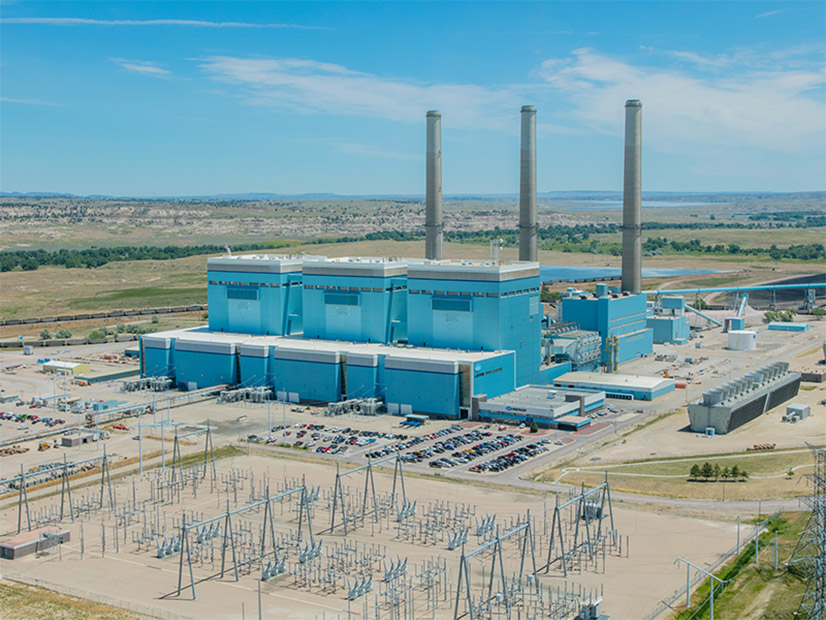
SPP told its members May 20 that the EPA’s final rule curbing greenhouse gas emissions from power plants could negatively affect the nation’s ability to provide reliable service during the “swift” transition from fossil fuels to renewable energy.
In a statement, the grid operator expressed concern about how Rule 2023-0072, finalized in April, will affect its region’s ability to maintain resource adequacy and ensure reliability. (See EPA Power Plant Rules Squeeze Coal Plants; Existing Natural Gas Plants Exempt.)
“SPP is concerned that limited technological and infrastructure availability and the compliance time frame will have deleterious impacts including the retirement of, or the decision not to build, thousands of MW of baseload thermal generation,” the RTO said. “If sufficient flexible thermal resources are not available to play their critical roles in SPP’s resource mix, SPP’s ability to maintain regional reliability will be directly impacted.”
SPP noted the final rule’s emissions limits for existing coal and new gas generation are based on EPA’s finding that carbon capture and sequestration (CCS) technology is a viable “best source” of emissions reduction. It argued that CCS has not yet been “adequately demonstrated at the required capture rate” and will not be “widely available and practicable” to meet the agency’s 2032 compliance time frame.
The grid operator also said it is concerned about the availability of gas infrastructure that will be needed for EPA’s assumption that a natural gas co-firing option would be available for existing coal units that retire before 2039. Its 2023 loss-of-load expectation study indicated that it would need as much as a 50% winter season planning reserve margin to maintain a one-in-10 LOLE, SPP said.
“A PRM of that magnitude would require a significant amount of new capacity to be added in a short time frame,” the RTO said. “The study and its projected increase in PRM did not consider the additional at-risk generation that may retire and not be adequately replaced in a relatively short time frame resulting from the compliance time frames.”
SPP filed comments in EPA’s rulemaking and joined with other grid operators to file joint comments.
MMU Releases Market Report
SPP’s Market Monitoring Unit (MMU) said the return of natural gas prices to a “more normal” range and wind generation’s increasing role in the markets highlighted its annual State of the Market report for 2023.
The MMU said gas prices dropped from an average of $5.83/MMBtu to $2.16/MMBtu at the Panhandle Eastern hub, down 63%, and were the largest contributor to a decrease in energy prices. Average day-ahead prices last year decreased 46%, from $48/MWh in 2022 to $26/MWh last year, and real-time prices were off 47%, from $44/MWh to $24/MWh.
Wind generation continues to play an increasing role in SPP’s markets, with 33.7 GW of nameplate wind capacity producing 37% of the RTO’s generation in 2023, more than any other resource. At the same time, that has produced challenges that include the increasing variability and uncertainty of supply, out-of-market actions to ensure system reliability, higher make-whole payments and negative prices, the MMU said.
However, the Monitor said the addition of new wind resources has slowed. Just under 1,700 MW of nameplate capacity joined the market after 1,500 MW of capacity was added in 2022. Three years ago, 3,200 MW of capacity was added.
The Monitor made two new recommendations: Improve the uncertainty product design to ensure the procurement of adequate rampable capacity; and ensure planning, markets and operational processes appropriately consider large loads’ integration.
The MMU will host a webinar to discuss the report at 1 p.m. June 4. Registration is open on the SPP website.



